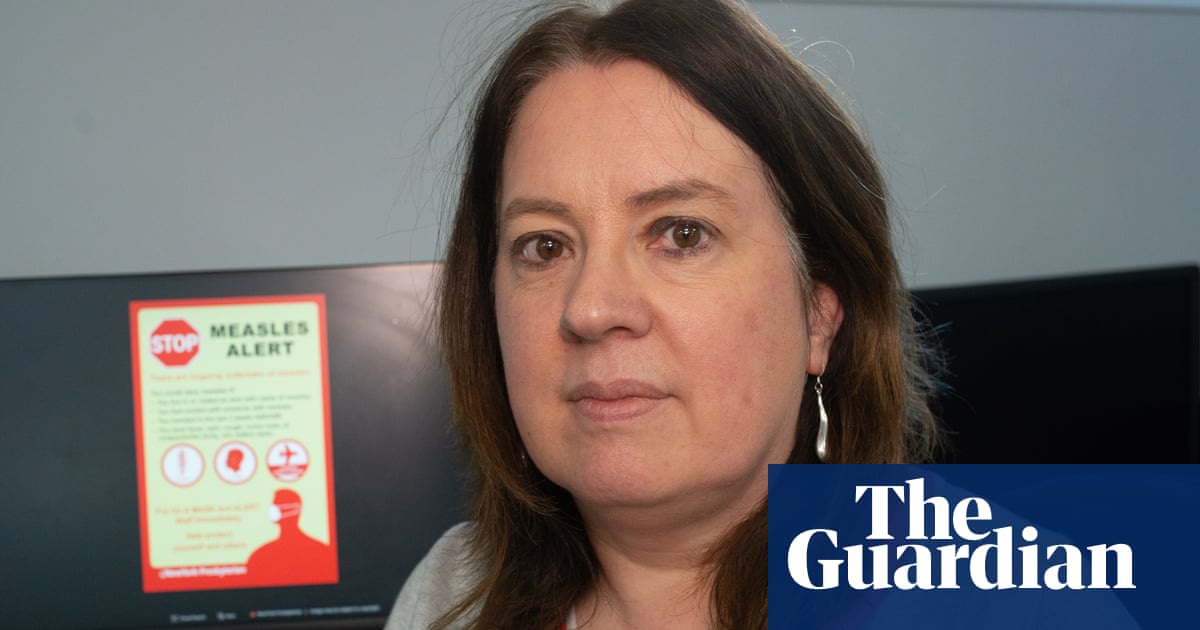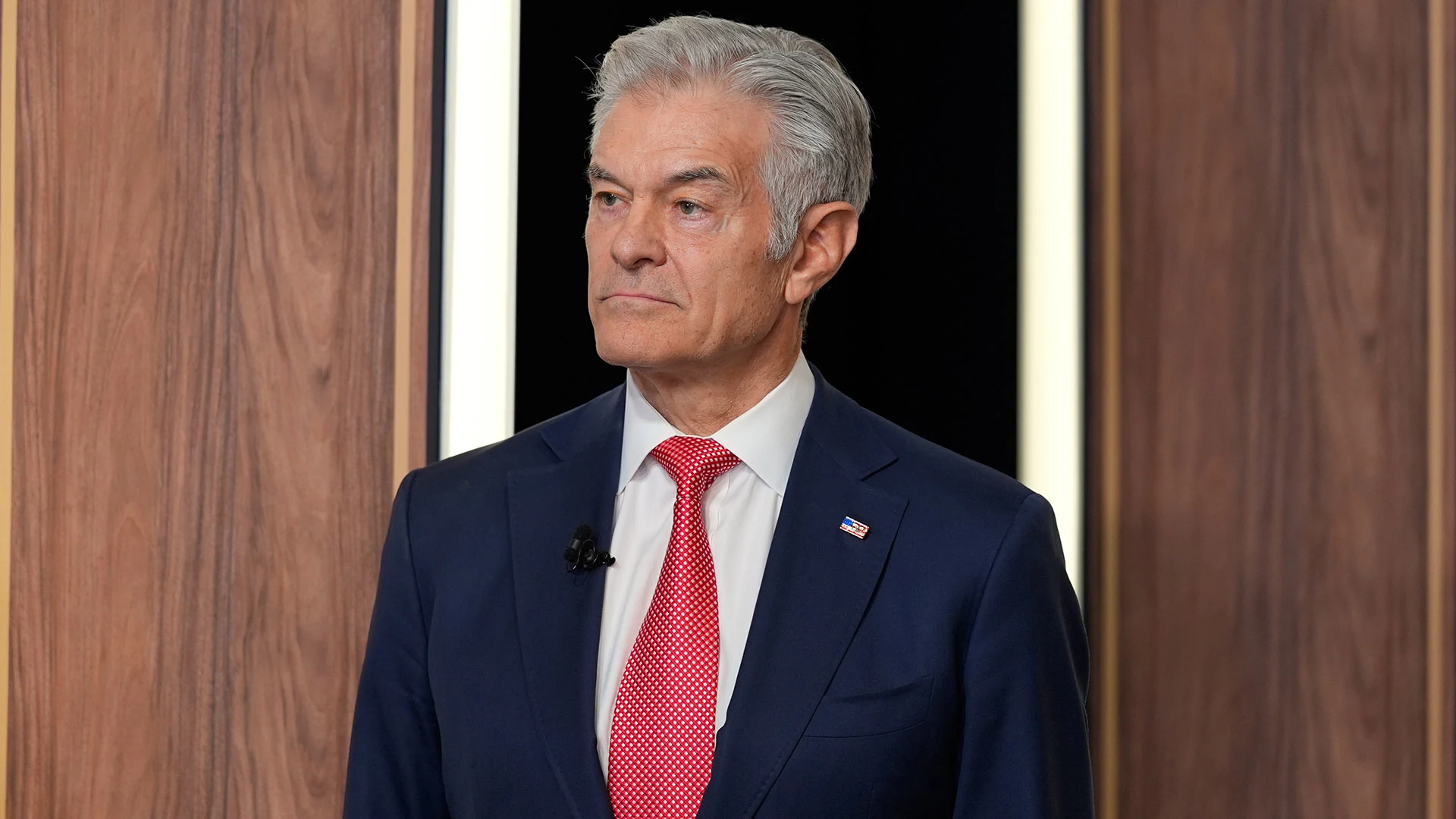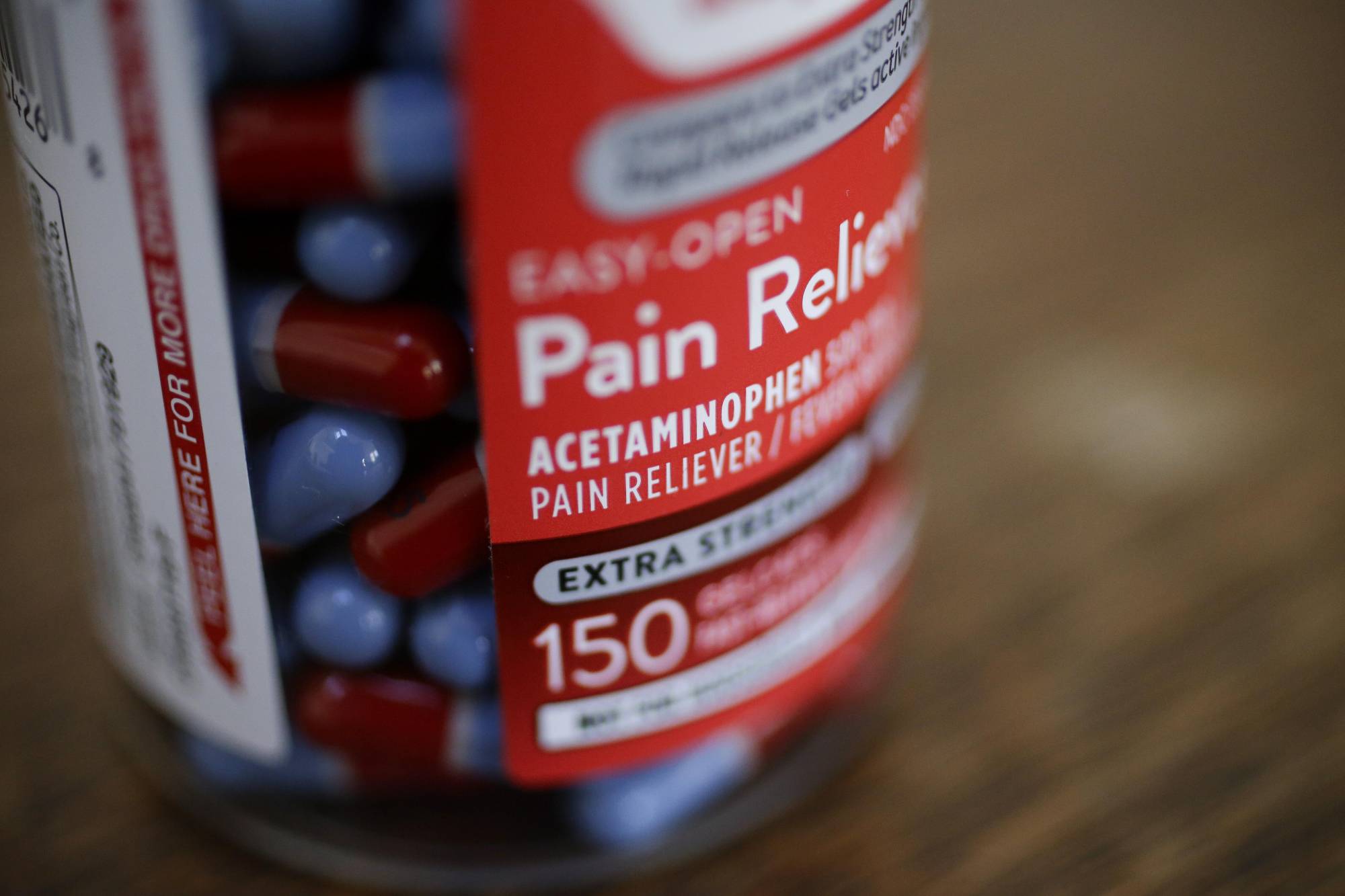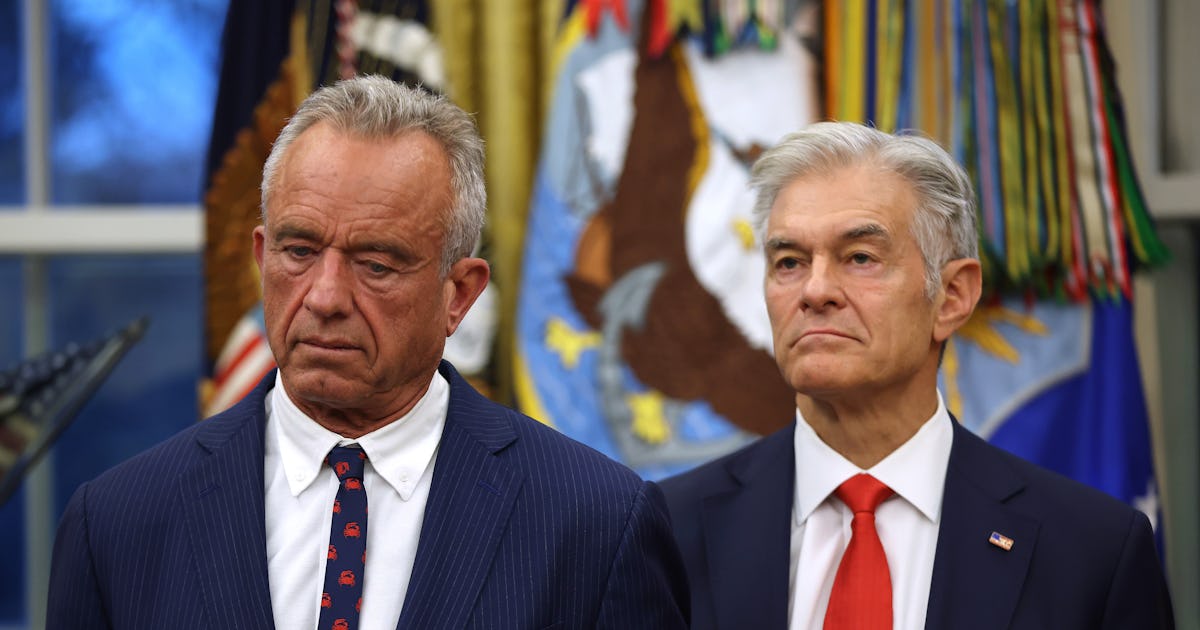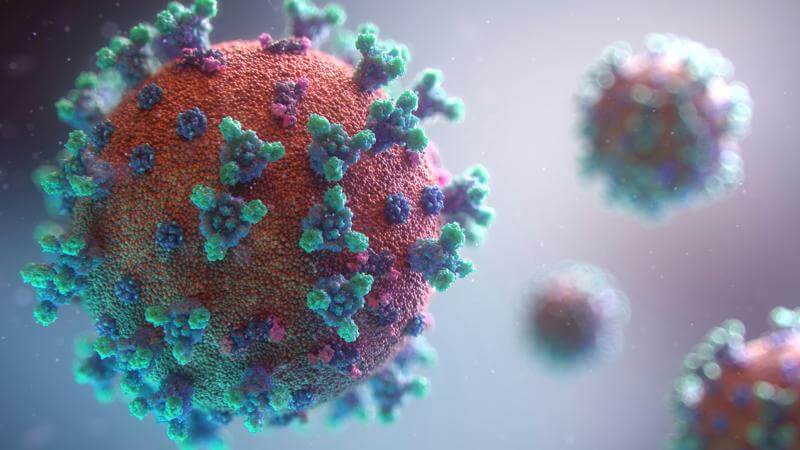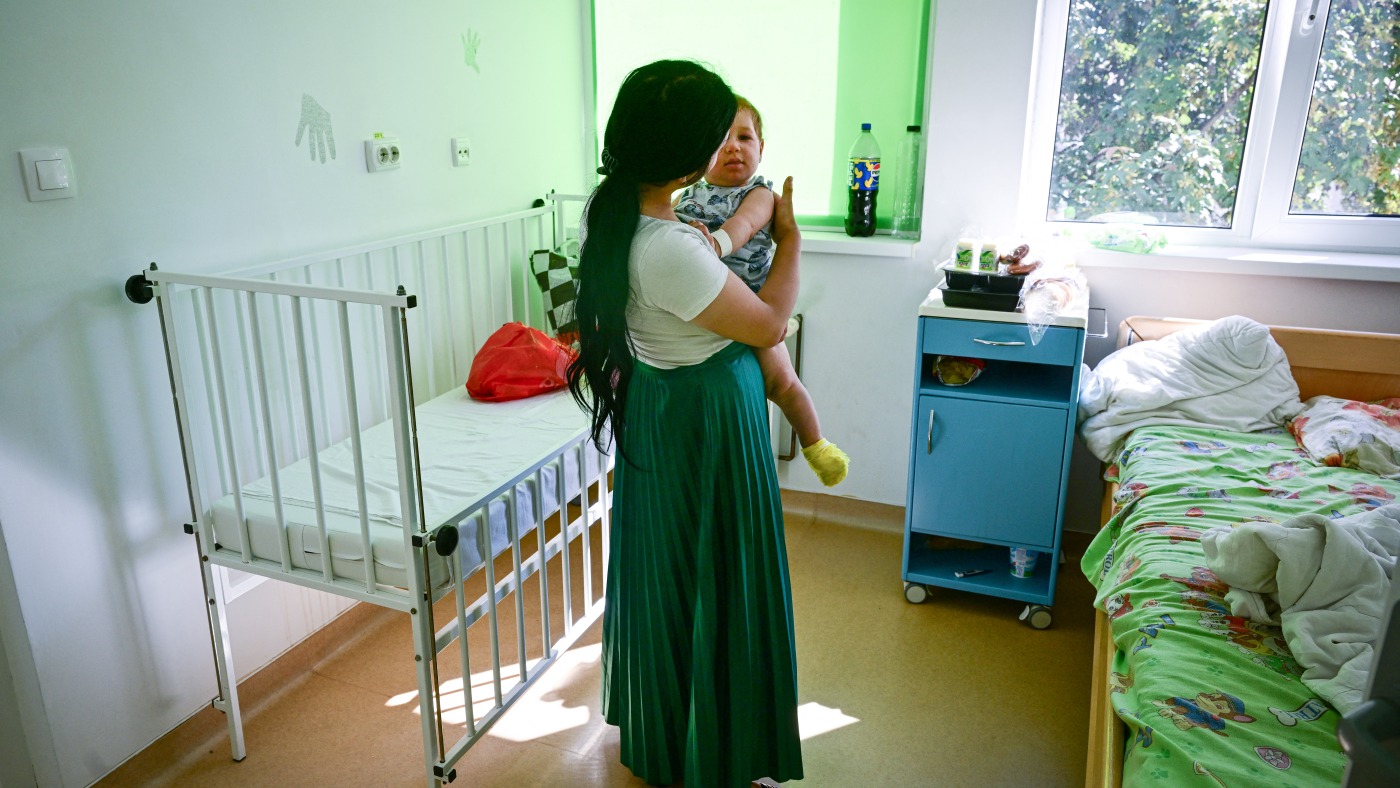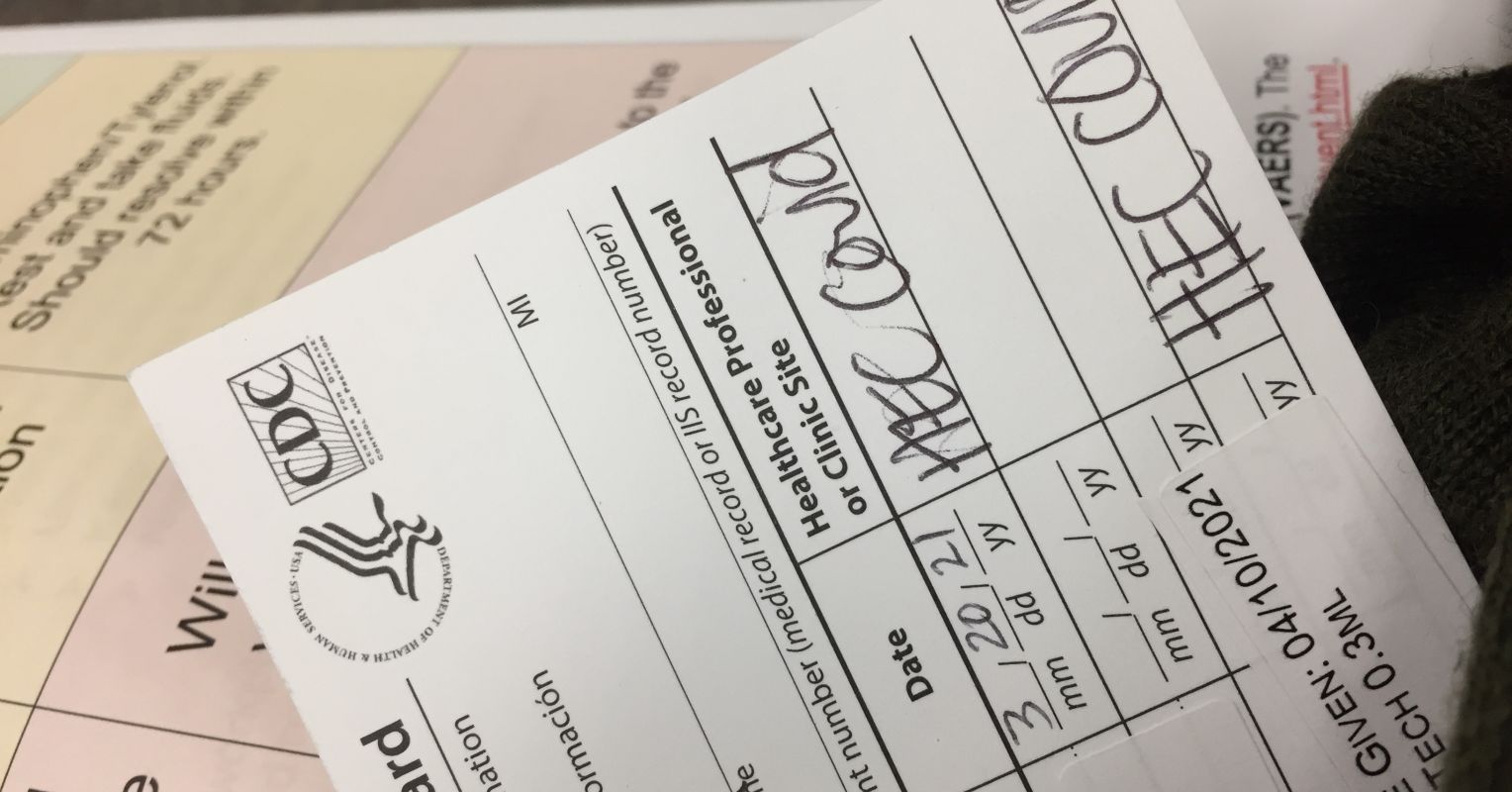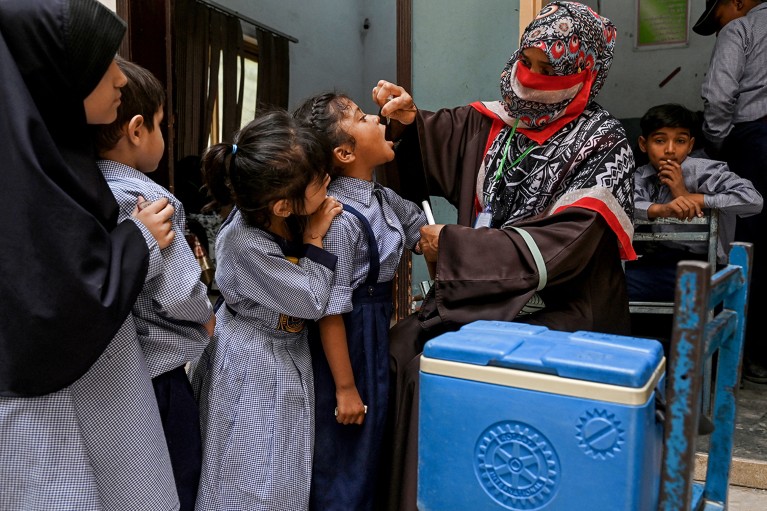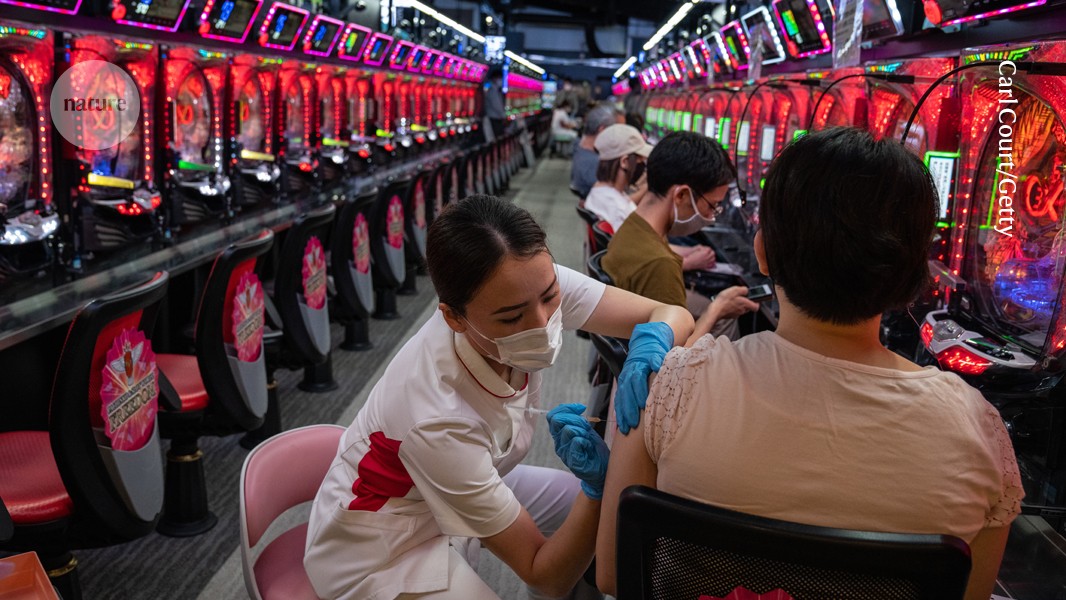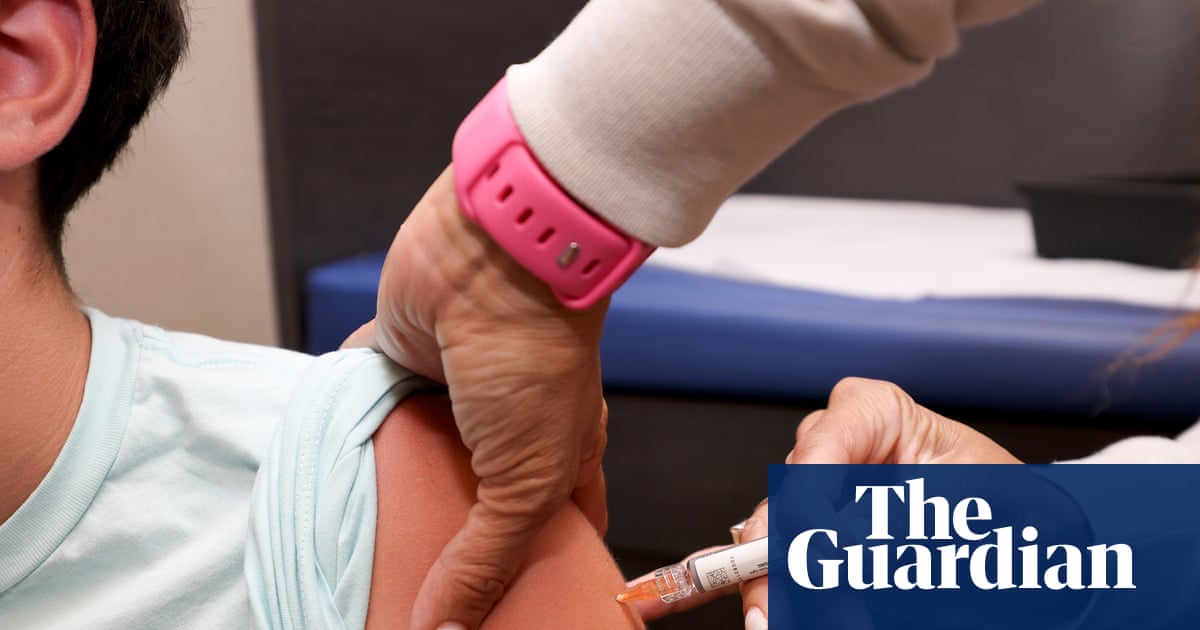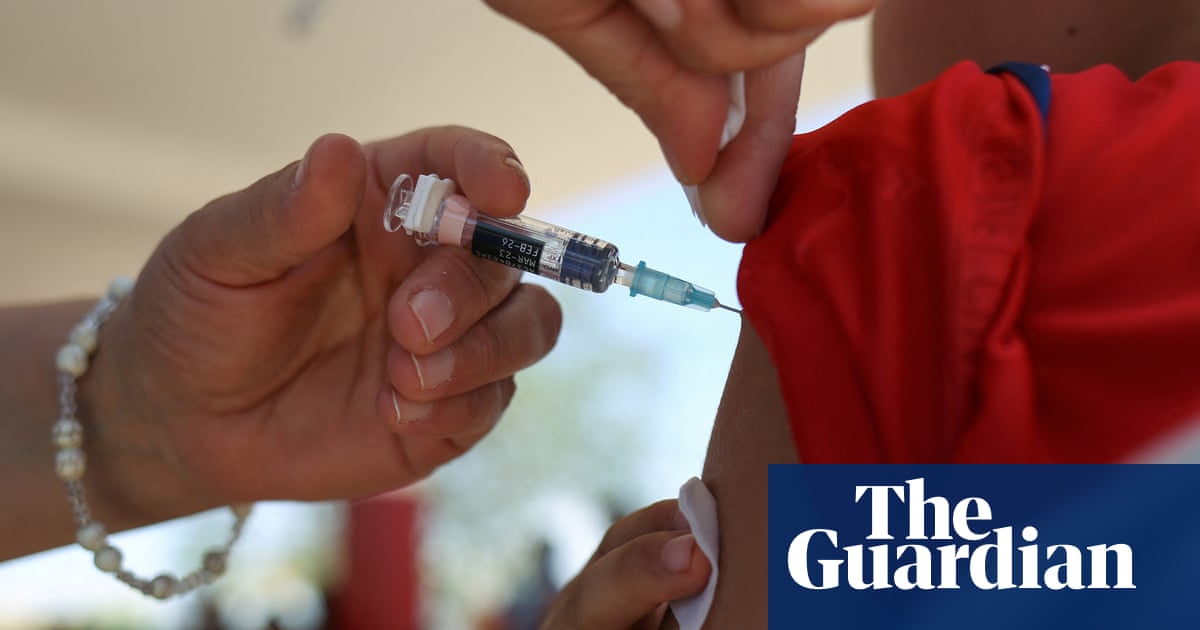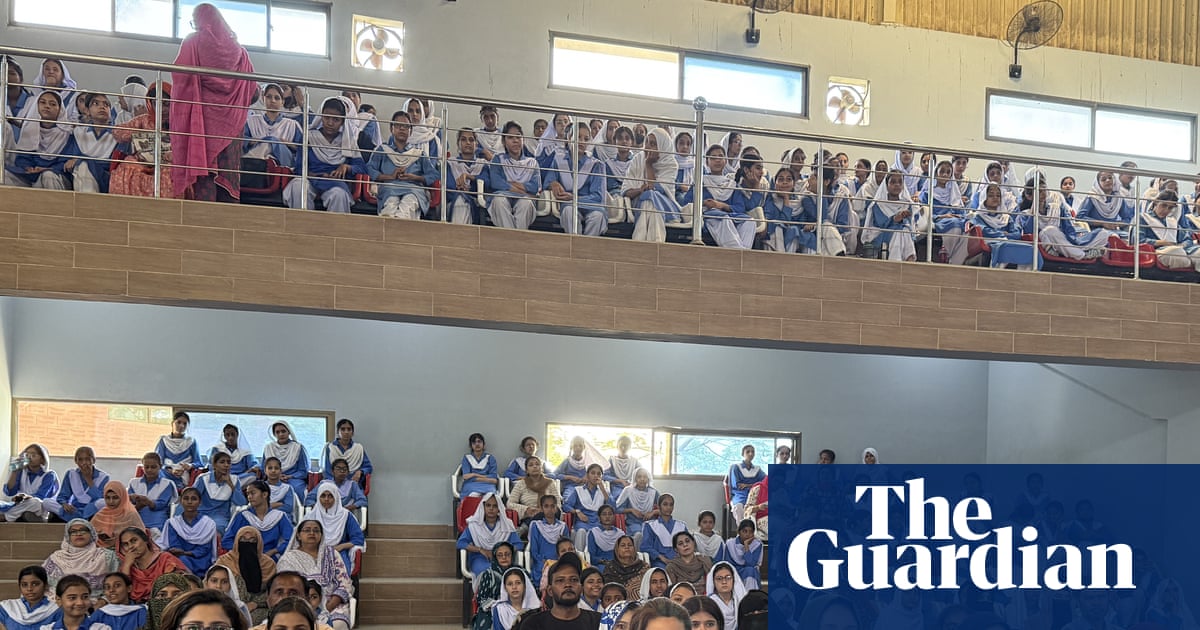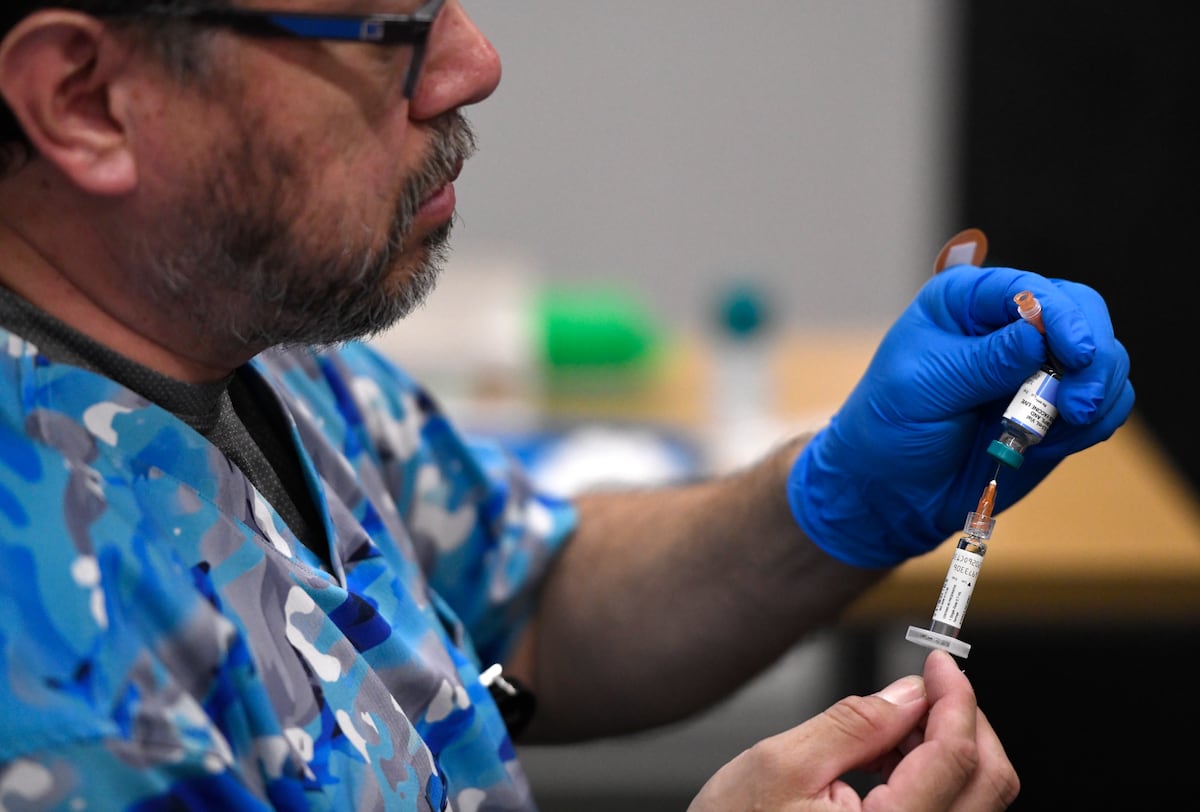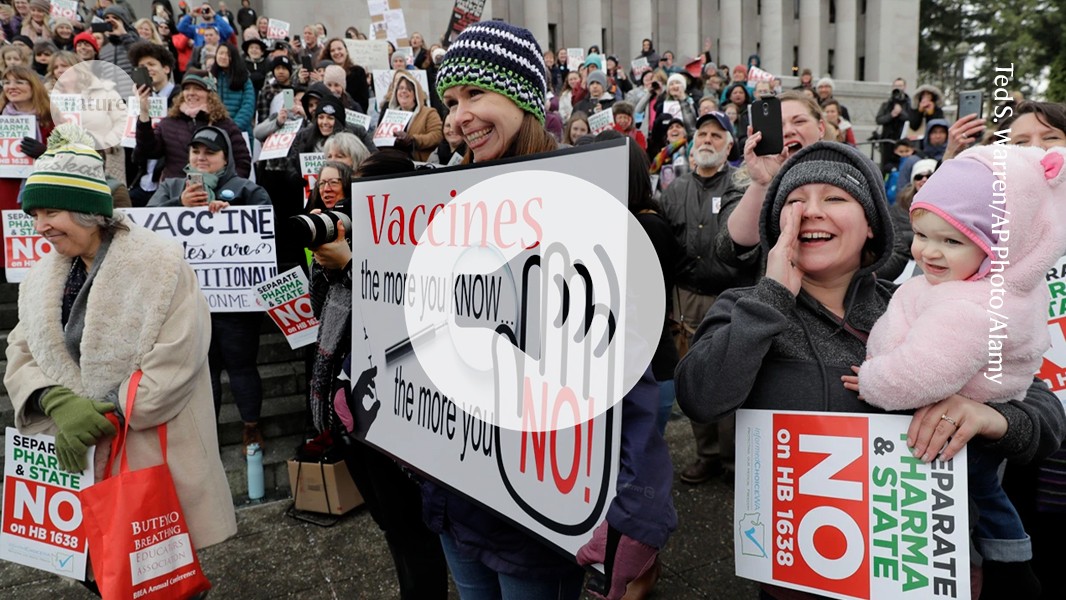fromCbsnews
3 days agoHow safe is America from polio?
After decades of American children routinely receiving polio vaccines, the virus that had doomed many to paralysis was nearly eliminated in the United States. But vaccine avoidance today may allow the crippling disease to return. CBS News chief medical correspondent Dr. Jonathan LaPook talks with David Oshinsky, author of "Polio: An American Story," and with violin virtuoso Itzhak Perlman, who contracted polio as a child, about how parents opting out of vaccinations for their children could affect polio rates here.
Public health
